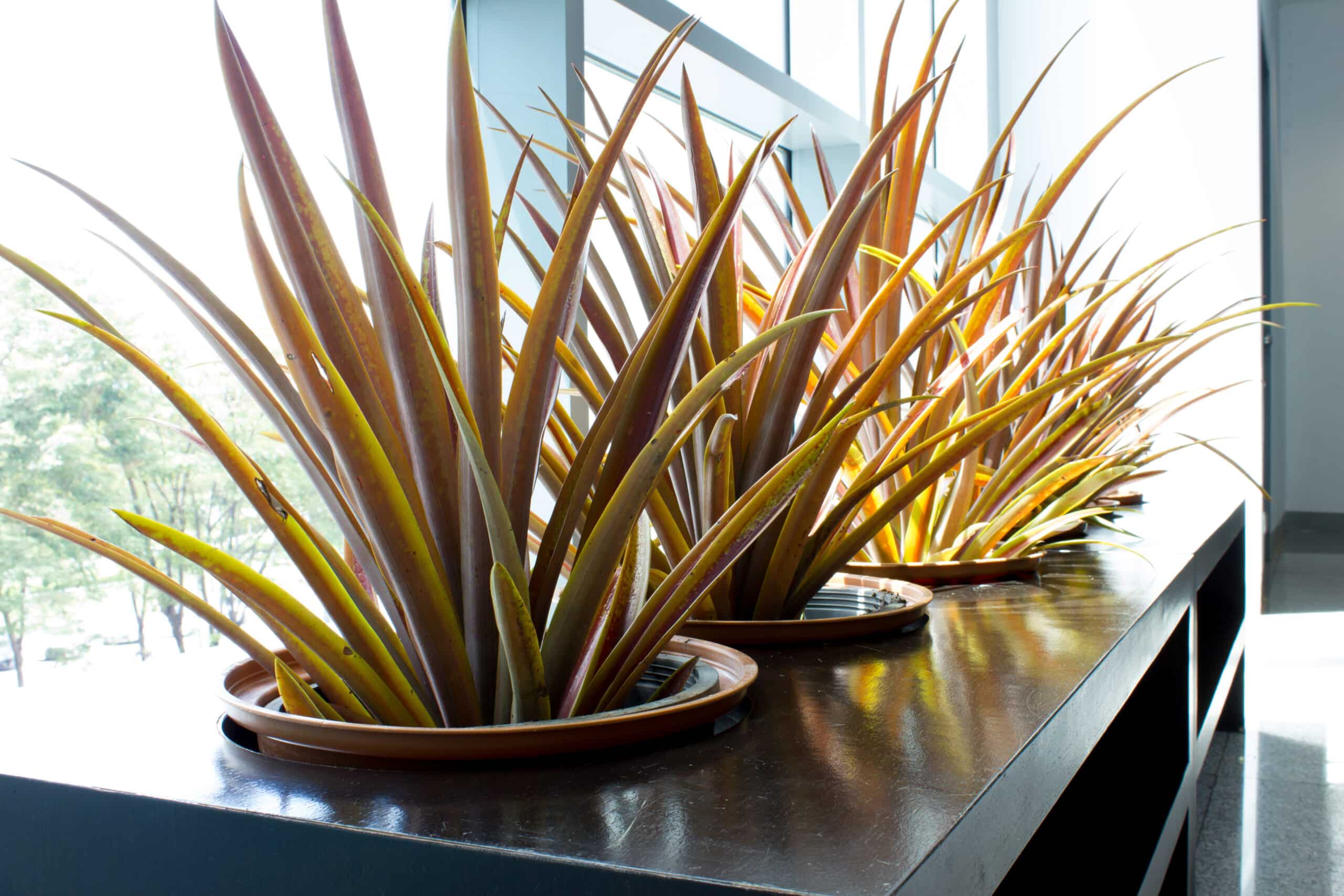Some are beginning to worry that the quality of the air inside our homes may be less than ideal, and health can deteriorate if the quality is really bad and not attended to due to the possible presence of volatile organic compounds like benzene and formaldehyde that can release airborne particulates which can pass almost undetected in the home.
The Environmental Protection Agency suggests that these volatile organic compounds can potentially come from a wide variety of sources such as solvents, aerosol sprays, hobby supplies, wood preservatives, air fresheners, moth balls, pesticides, dry cleaning, cleansers, disinfectants, home furnishings, and building materials.
The EPA also suggests that if the source of these volatile organic compounds are affecting the indoor air quality and they are not addressed it can lead to a variety of health conditions such as affecting the immune, respiratory and cardiovascular systems and even cause some cancers.
The EPA conducted a study that found concentrations of pollutants like volatile organic compounds can be 2-5 times higher indoors. Due to the current state of affairs Americans are now spending the vast majority of their time indoors, meaning the risk of possibly developing a health condition related to poor indoor air quality can increase.
Whole home air purifiers in recent years have become more adept at detecting and dealing with volatile organic compounds; many advanced air filters can now trap even the smallest of airborne pollutants. Any home with such a system integrated into the heating, ventilation, and air conditioning systems may be better off than any other home, provided they are properly maintained.
For those of us that are not able to invest into air purifiers and other HVAC systems there are still steps that you can take to help purify the quality of the indoor air which includes cleaning your home frequently, increasing ventilation, and removing carpeting among others.
Cleaning your home frequently by vacuuming, cleaning the walls, furniture and surfaces that collect dust can make a big difference. While you are at it don’t forget to change the bedding, and check on the filters in the vacuum, heater, furnace, and air conditioner.
Increasing ventilation in your home can make a big difference. Trickle vents and exhaust fans pull air out of a room, these are great in bathrooms and kitchens especially if there is a gas stove that can produce nitrogen dioxide.
Carpeting may be introducing volatile organic compounds into the home as many chemicals are used in manufacturing them such as formaldehyde as well as trapping in dirt, dust mites and other pollutants.
Keeping activated charcoal around your home can help to eliminate toxins and odors to help easily improve indoor air quality; this highly absorbent substance can be kept in pouches or bags to be strategically placed around your home.
Essential oils such as tea tree rosemary, lemon, oregano, and cinnamon when used in aromatherapy can help to combat viruses, bacteria, fungi, and mold that may be circulating in the air. You can get a cool mist or warming diffuser relatively cheap to help improve air quality.
A Himalayan pink salt crystal lamp can also help to pull and neutralize toxins, airborne irritants, allergens, and pathogens from the environment to help improve the quality of the air inside your home.
Beeswax candles can help to improve indoor air quality by ionizing the air and neutralizing toxic compounds and contaminants that may be circulating around you, they may even help to remove common allergens such as dust from the air.
The most beautiful and perhaps simplest way to improve the quality of indoor air is to invest in plants as they are nature’s air purifiers; houseplants can help to effectively purify and rejuvenate air. Having one house plant for every 100 square feet of space in your home could potentially eliminate most volatile organic compounds, although having more wouldn’t hurt and makes your space look much better as well. As an added benefit houseplants seem to promote a more relaxed environment, which is always a good thing.




